When financial freedom isn’t a concern, it’s easy to fall into the trap of purchasing items that, in reality, add little to no value to our lives. Despite the allure of luxury and convenience, certain expenditures remain unjustifiable. Here’s a list of things that are not worth buying, regardless of your financial status.
Extended Warranties
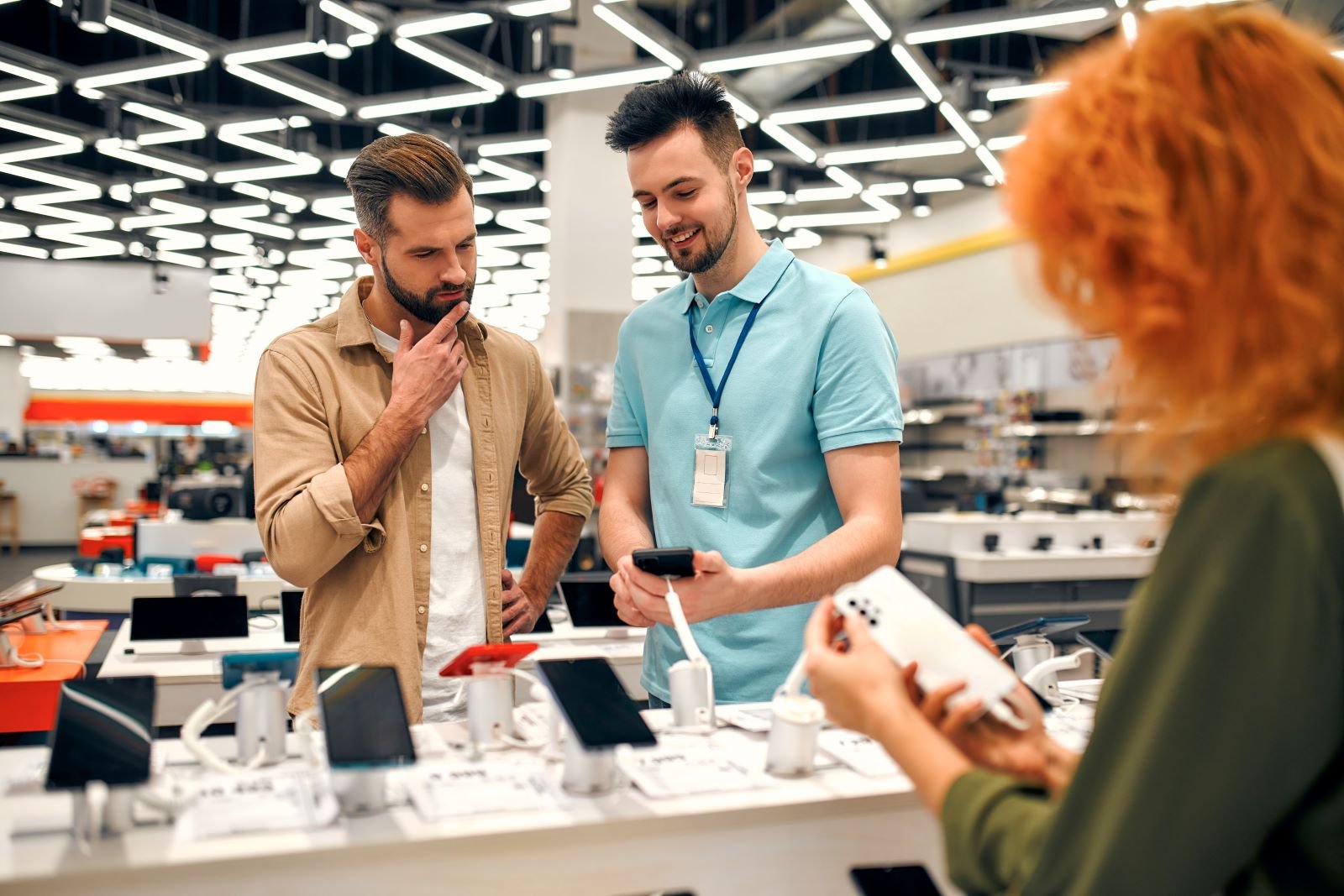
Extended warranties are often pushed at the point of sale, especially for electronics and appliances. According to Consumer Reports, most products are unlikely to need repairs within the warranty period. The cost of these warranties typically outweighs any potential benefits, making them a poor investment.
Luxury Brand-name Clothes

Designer clothes come with hefty price tags, but the quality often does not justify the cost. Studies have shown that mid-range brands can offer similar quality at a fraction of the price. The brand name adds prestige but doesn’t necessarily equate to better durability or comfort.
High-End Gym Memberships

While staying fit is essential, splurging on a high-end gym membership isn’t necessary. Affordable gyms and at-home workout equipment can provide the same health benefits. Moreover, a significant number of expensive gym memberships go unused, leading to wasted money.
Bottled Water

Bottled water is significantly more expensive than tap water, and it’s not necessarily healthier. According to the Environmental Working Group, bottled water is often no cleaner than tap water and contributes to plastic pollution. Investing in a good water filter can save money and reduce environmental impact.
Single-Use Kitchen Gadgets

Gadgets like avocado slicers or garlic peelers might seem useful, but they often end up collecting dust in kitchen drawers. Multi-purpose tools and basic kitchen knives can perform the same tasks effectively without the added clutter or expense.
Trendy Tech Gadgets
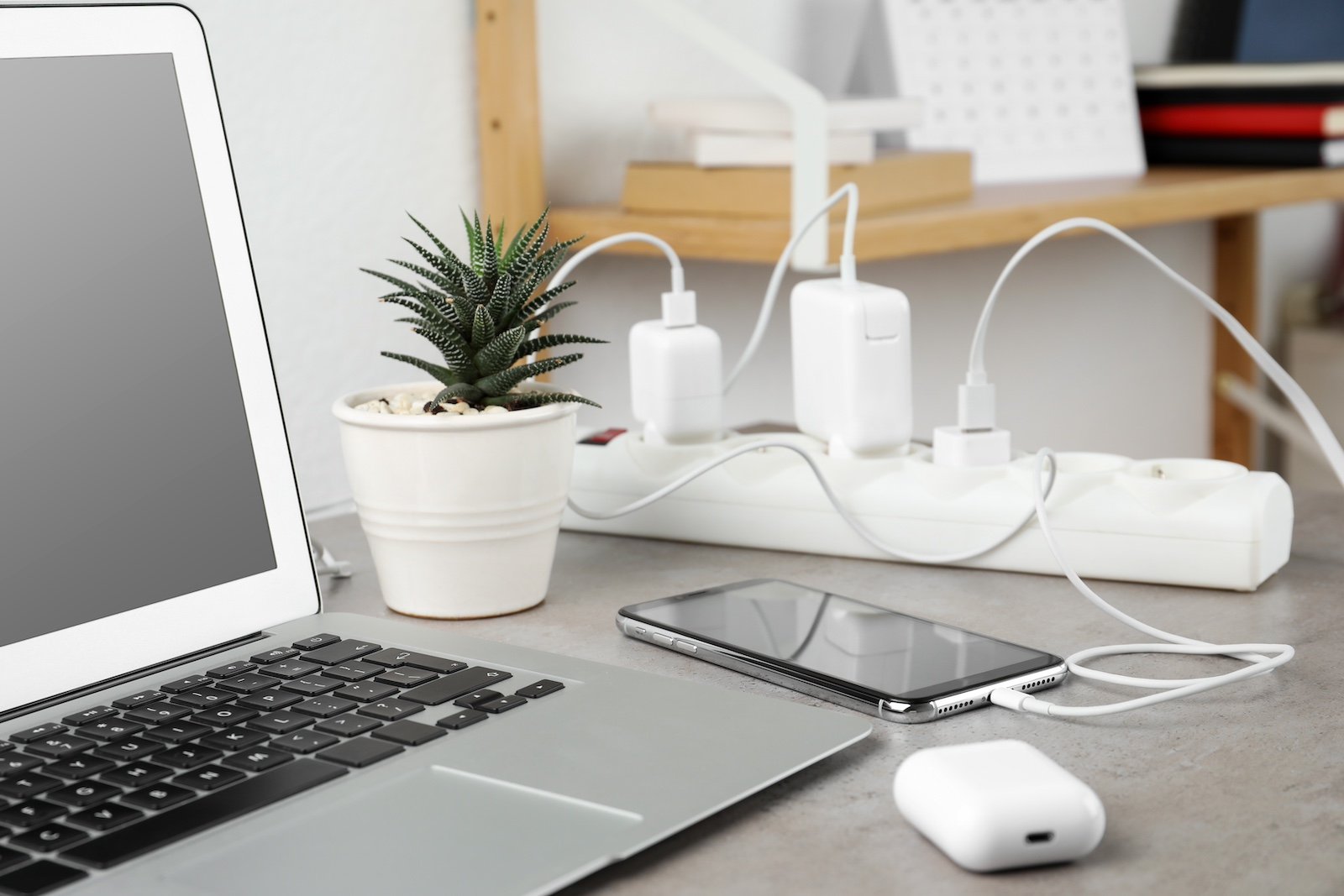
The latest smartphones, tablets, and smartwatches are tempting, but they quickly become outdated. Technology evolves rapidly, and today’s must-have gadget can become obsolete within a year. It’s better to buy tech that meets your needs and upgrade only when necessary.
Ultra-Luxury Cars
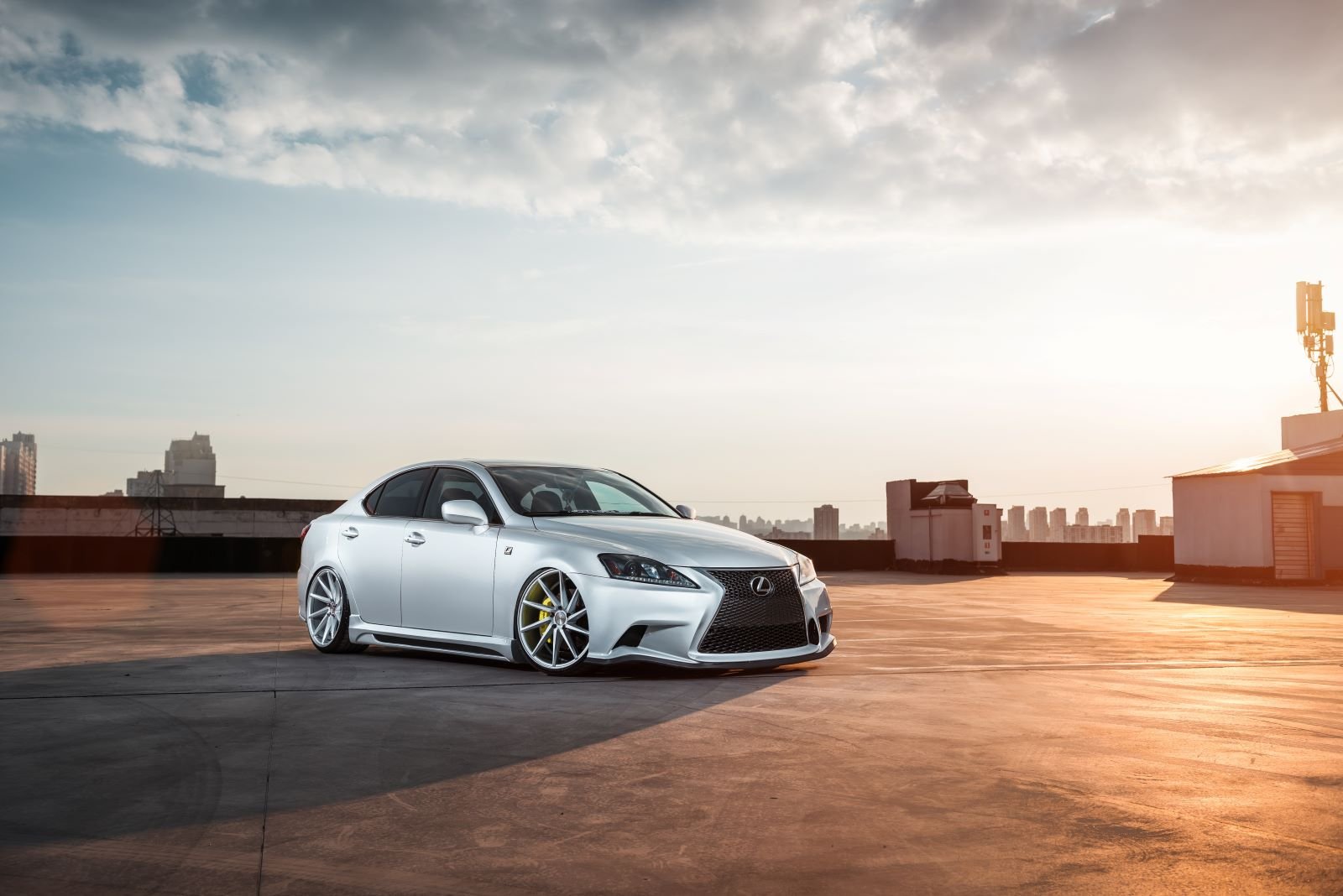
Luxury cars depreciate quickly, and the cost of maintenance, insurance, and repairs is high. While they offer comfort and prestige, more affordable cars can provide similar safety and functionality. According to Kelley Blue Book, luxury cars lose up to 70% of their value in the first five years.
Designer Baby Clothes

Babies grow rapidly, often outgrowing clothes within weeks. Spending on designer baby clothes is impractical since these items are quickly rendered useless. Opting for affordable, durable baby clothing makes more financial sense.
Exotic Pets

Exotic pets can be fascinating, but they require specialized care, which can be costly and time-consuming. Veterinary bills, special diets, and suitable habitats add up quickly. Moreover, many exotic pets have complex needs that are difficult to meet, potentially leading to ethical concerns.
Gourmet Coffee

Frequenting coffee shops for gourmet coffee can drain your wallet. Investing in a quality coffee maker and learning to brew your own can provide a similar experience at a fraction of the cost. The average American spends about $1,100 annually on coffee, according to a survey by the National Coffee Association.
High-Fashion Accessories
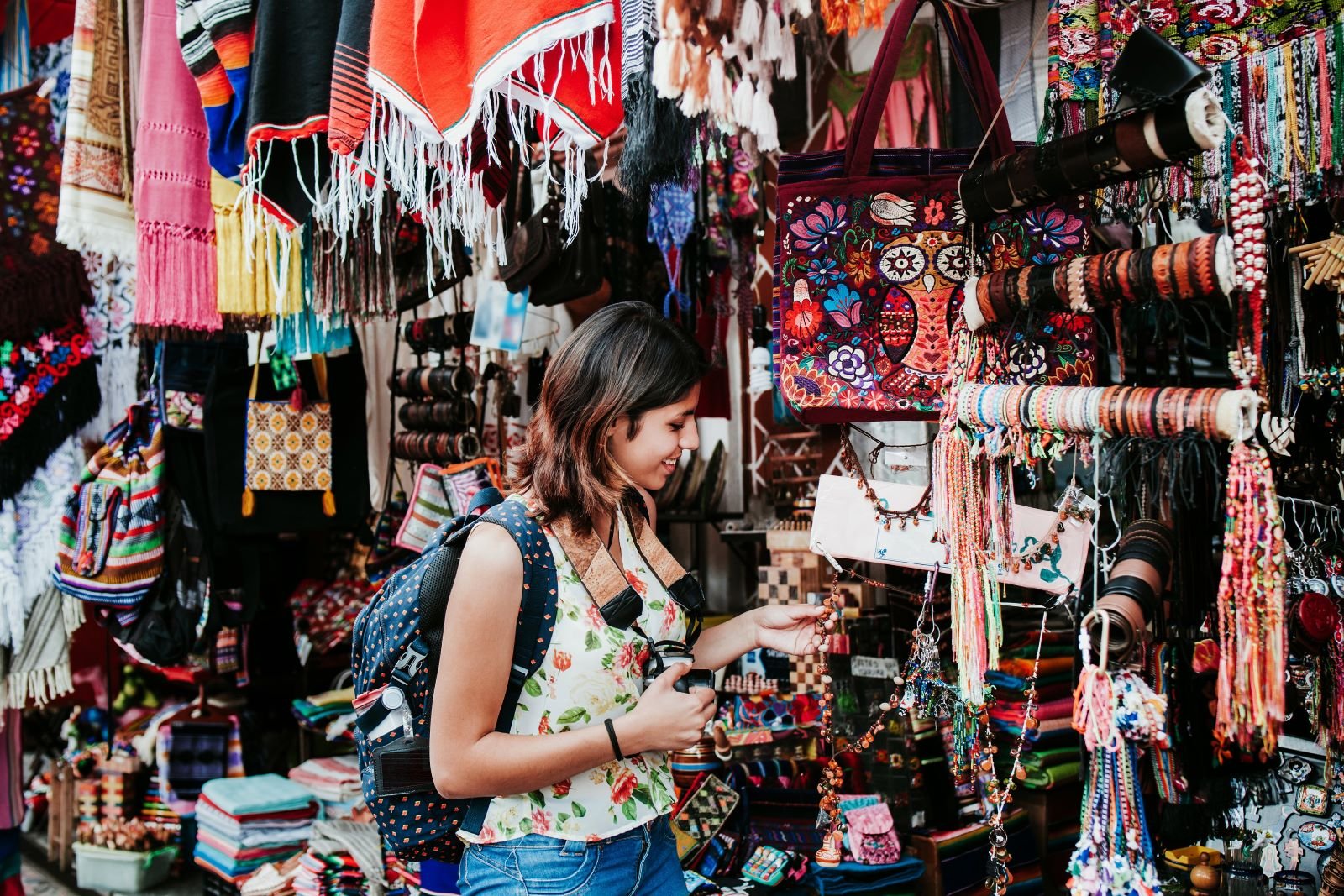
Items like designer handbags and watches can cost thousands of dollars, yet they serve the same function as their lower-priced counterparts. These high-fashion accessories often signify status rather than utility, and their value depreciates over time.
Fancy Kitchen Appliances
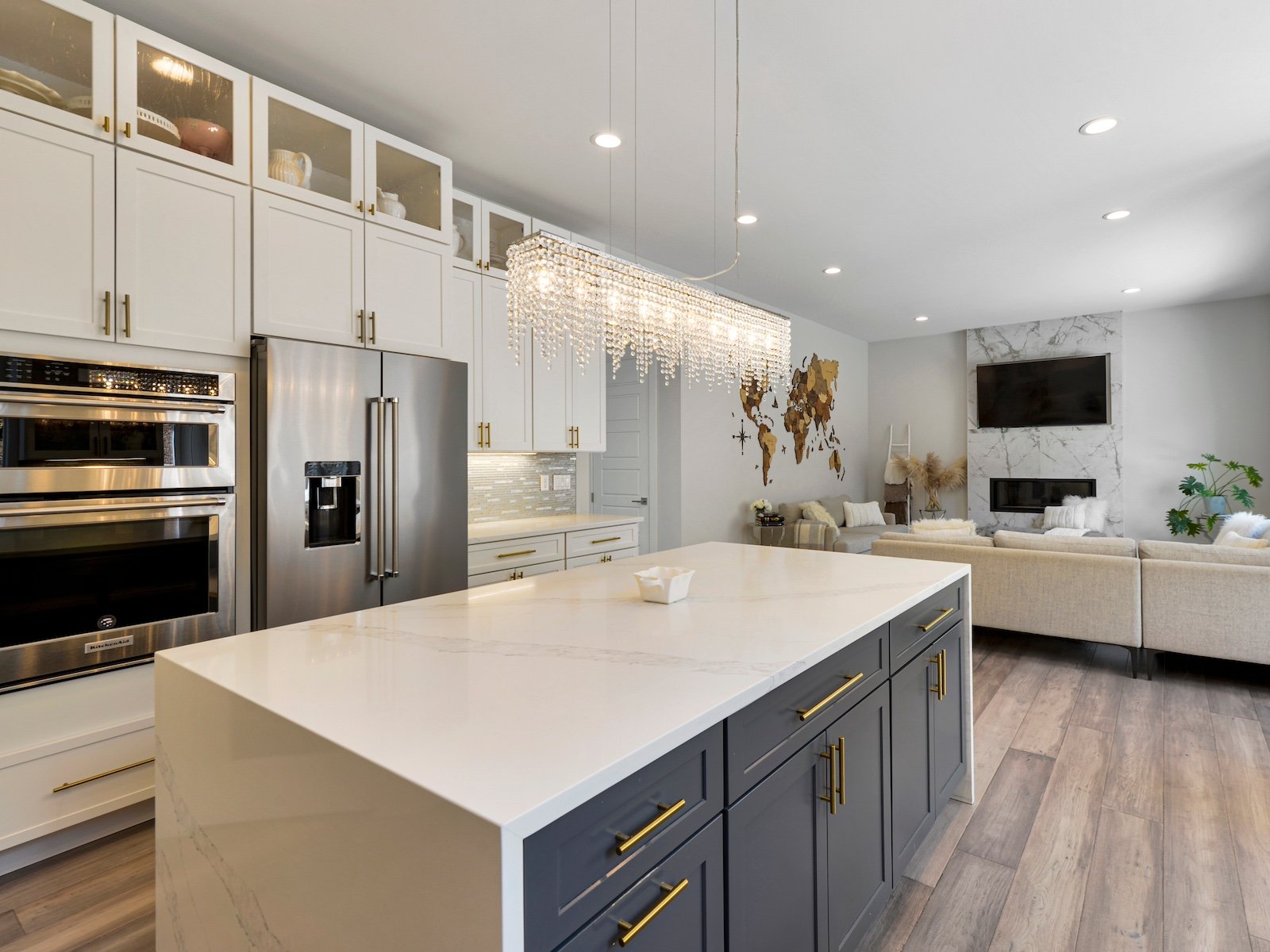
High-end kitchen appliances like professional-grade blenders or coffee machines are often unnecessary for the average home cook. Many affordable options perform just as well without the hefty price tag. Consumer Reports suggests looking for appliances that meet your needs without excessive features.
Timeshares

Timeshares promise luxurious vacations but come with hidden costs and limited flexibility. Maintenance fees, special assessments, and difficulty in booking make timeshares a poor investment. According to the American Resort Development Association, the resale market for timeshares is also weak, making it hard to recoup costs.
Pre-Packaged Meal Kits

Meal kits offer convenience but at a premium price. They often cost more than buying the same ingredients at the grocery store and creating the meal yourself. Additionally, packaging waste is significant, raising environmental concerns.
Expensive Beauty Treatments

High-end beauty treatments like facials and spa services are indulgent but not necessary for maintaining healthy skin. Many effective skincare routines can be maintained at home with quality products available over the counter.
Premium Cable Packages
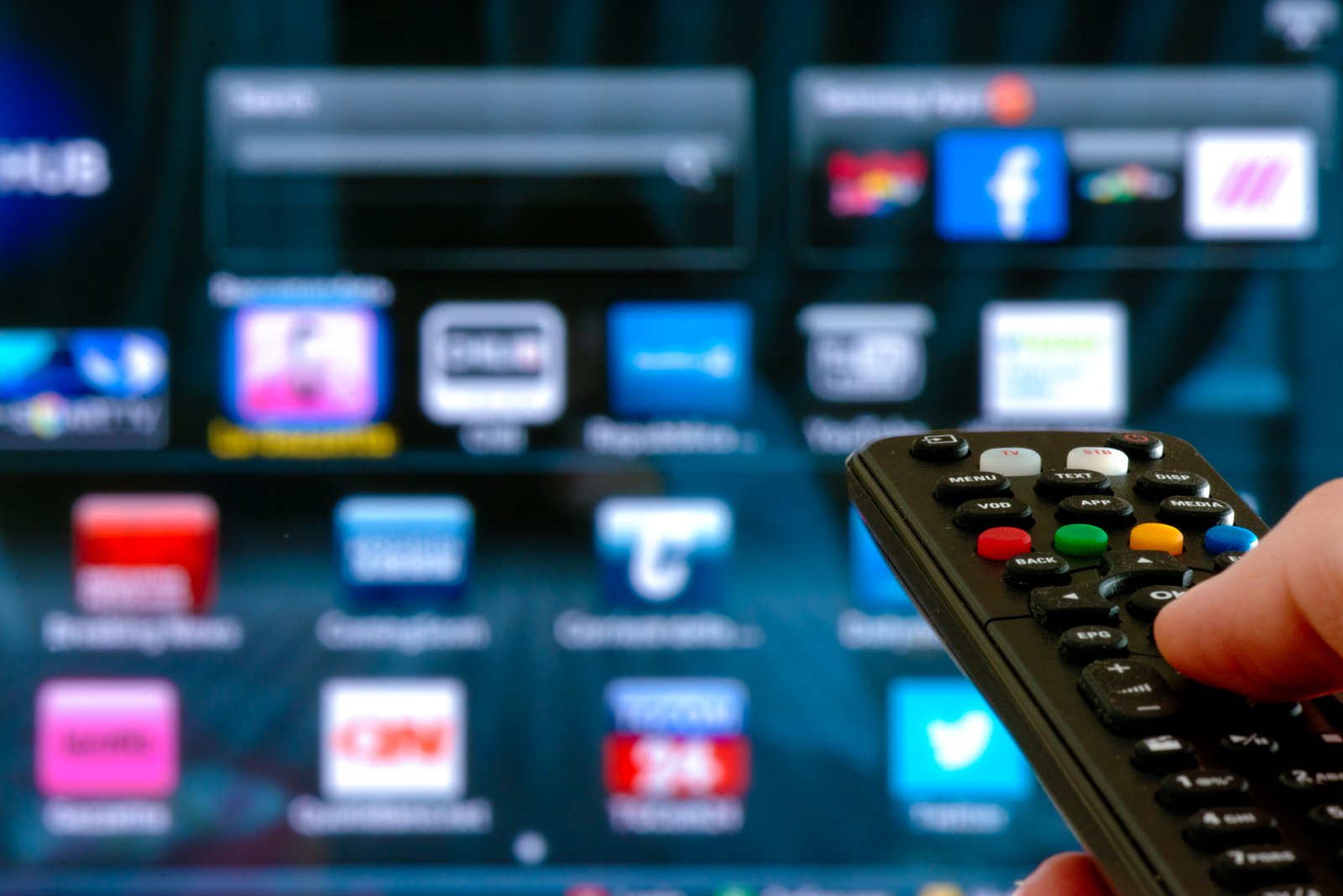
With the rise of streaming services, premium cable packages are becoming obsolete. They are expensive and often include channels you never watch. Cutting the cord and choosing a few streaming services can save money while still providing plenty of entertainment options.
Fancy Stationery
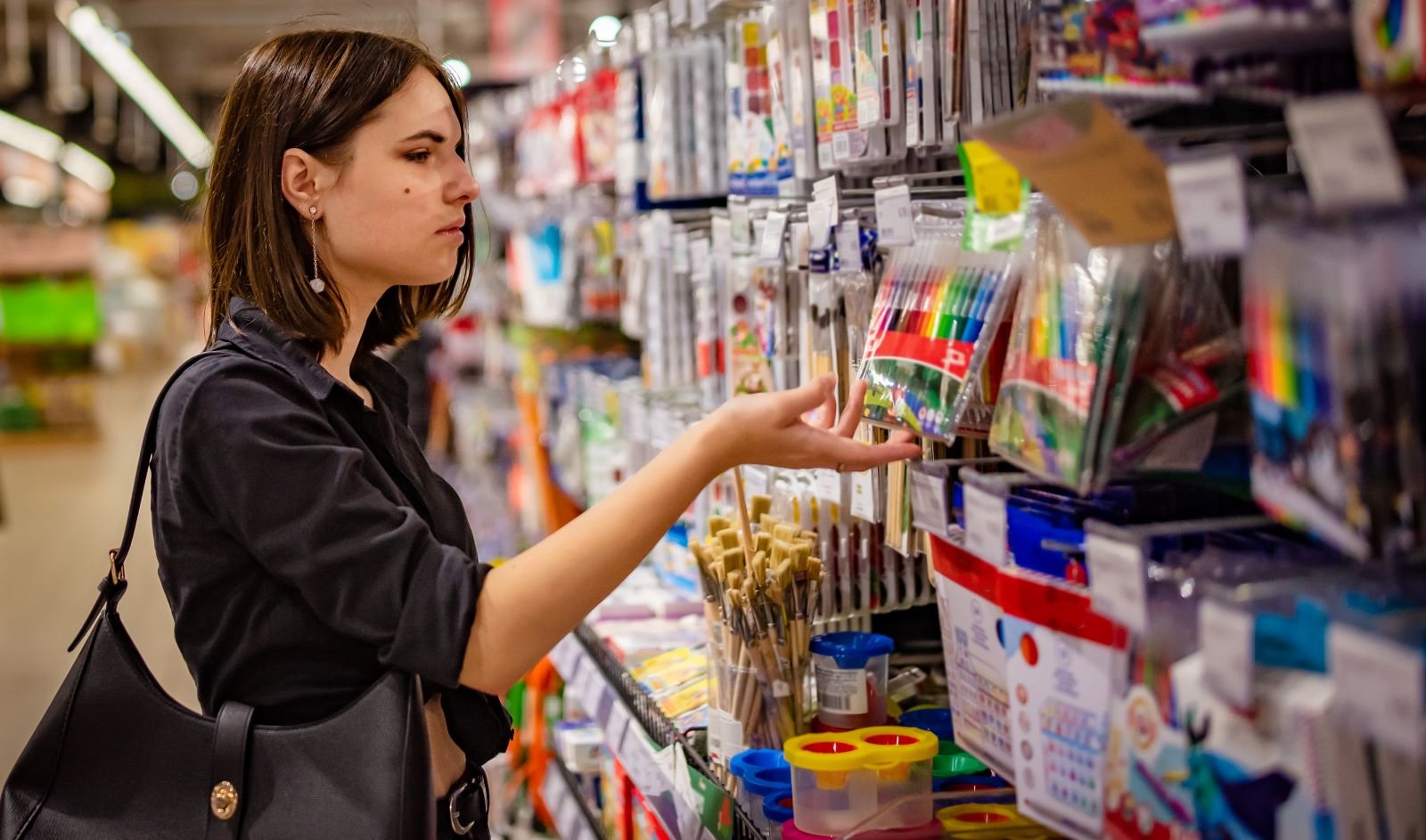
Luxurious stationery and writing instruments are appealing but unnecessary. Basic office supplies serve the same purpose at a fraction of the cost. Unless you have a specific need or derive immense personal satisfaction from high-end stationery, it’s an avoidable expense.
Frequent Flyer Credit Cards

Credit cards with airline miles can seem attractive but often come with high annual fees. If you don’t travel frequently, the rewards might not justify the cost. It’s important to compare the benefits against the fees to ensure you’re getting value.
Art as an Investment
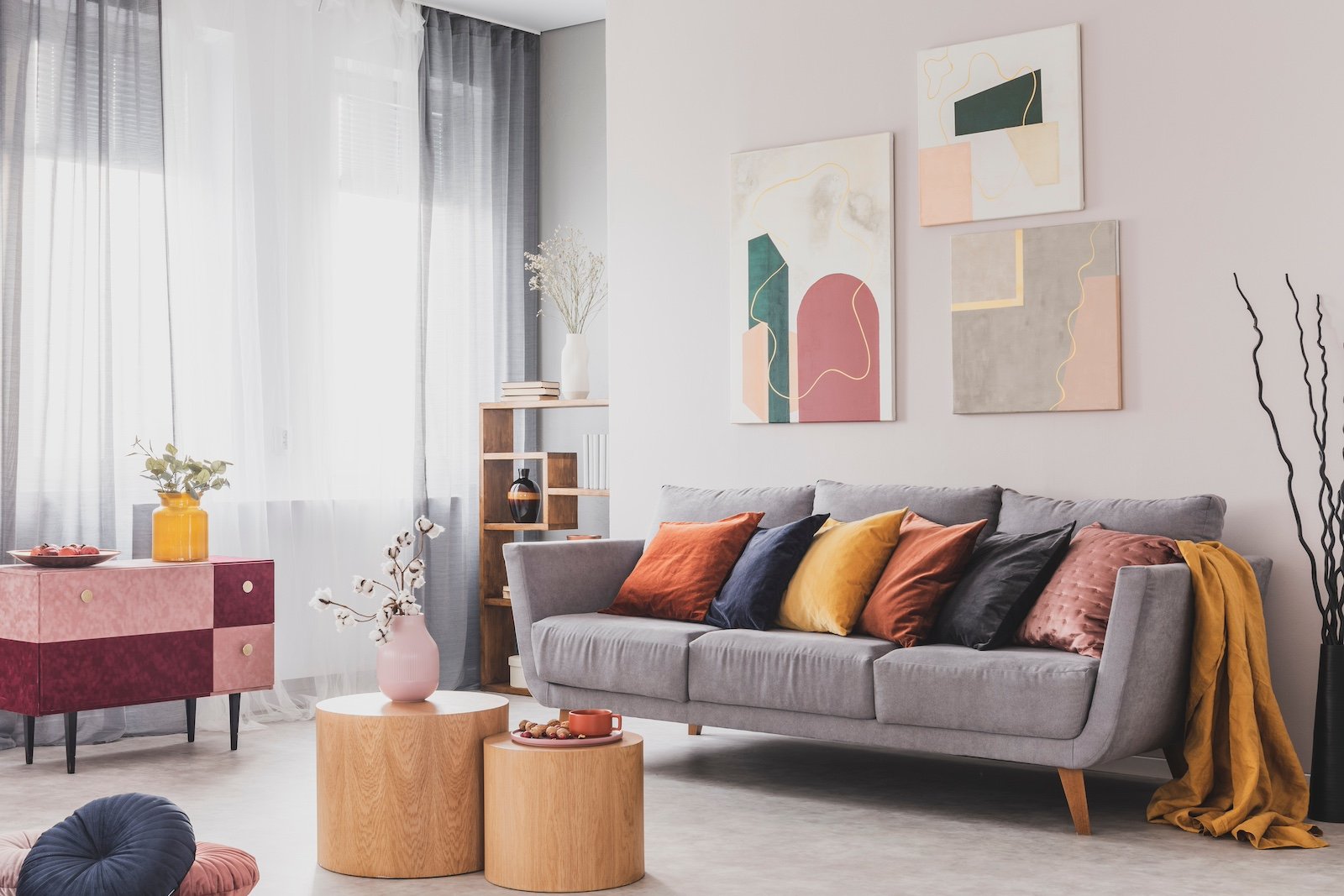
Art can be a beautiful addition to your home, but buying art as an investment is risky. The art market is unpredictable, and it can be difficult to sell pieces for a profit. Unless you are knowledgeable and passionate about art, it’s better to view art as a personal enjoyment rather than an investment.
Pet Insurance

Pet insurance policies can be expensive and often have many exclusions. According to Consumer Reports, putting aside a small amount of money each month in a savings account for potential vet bills can be a more cost-effective way to manage pet health expenses.


